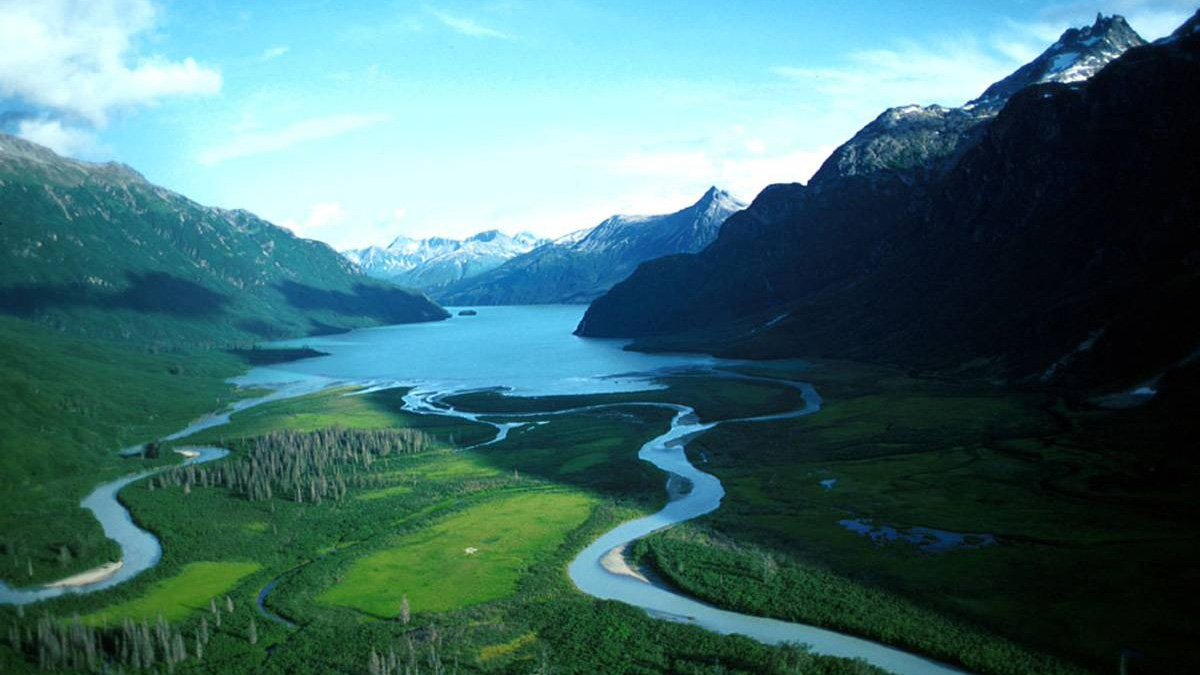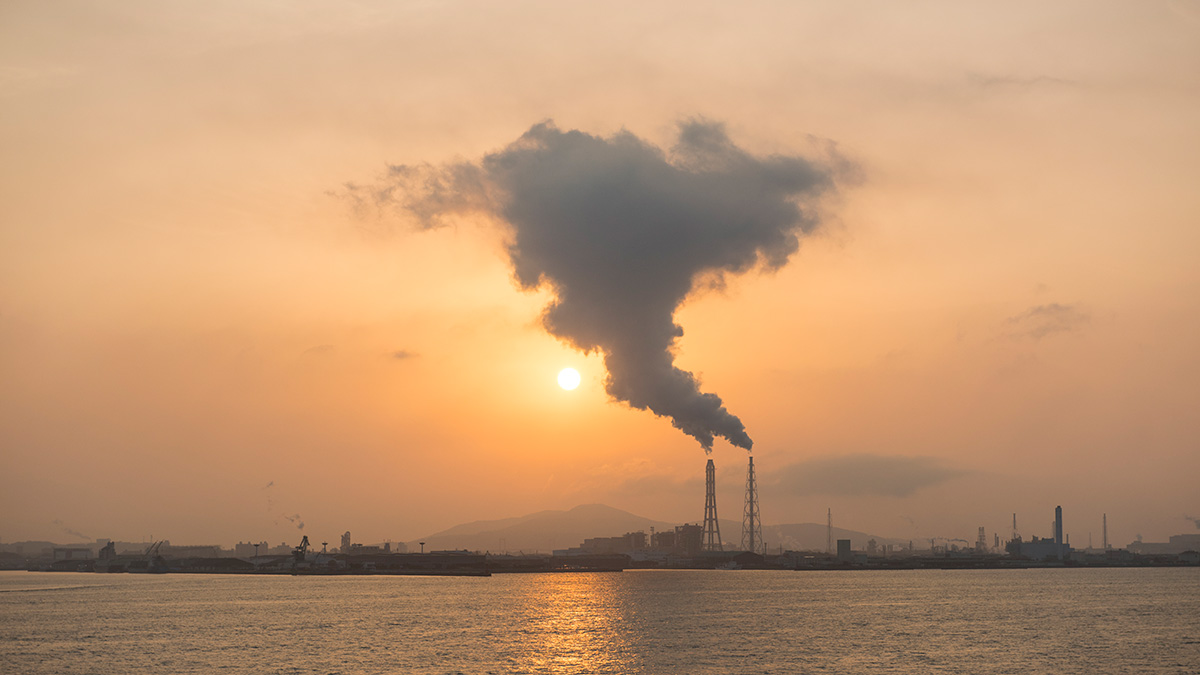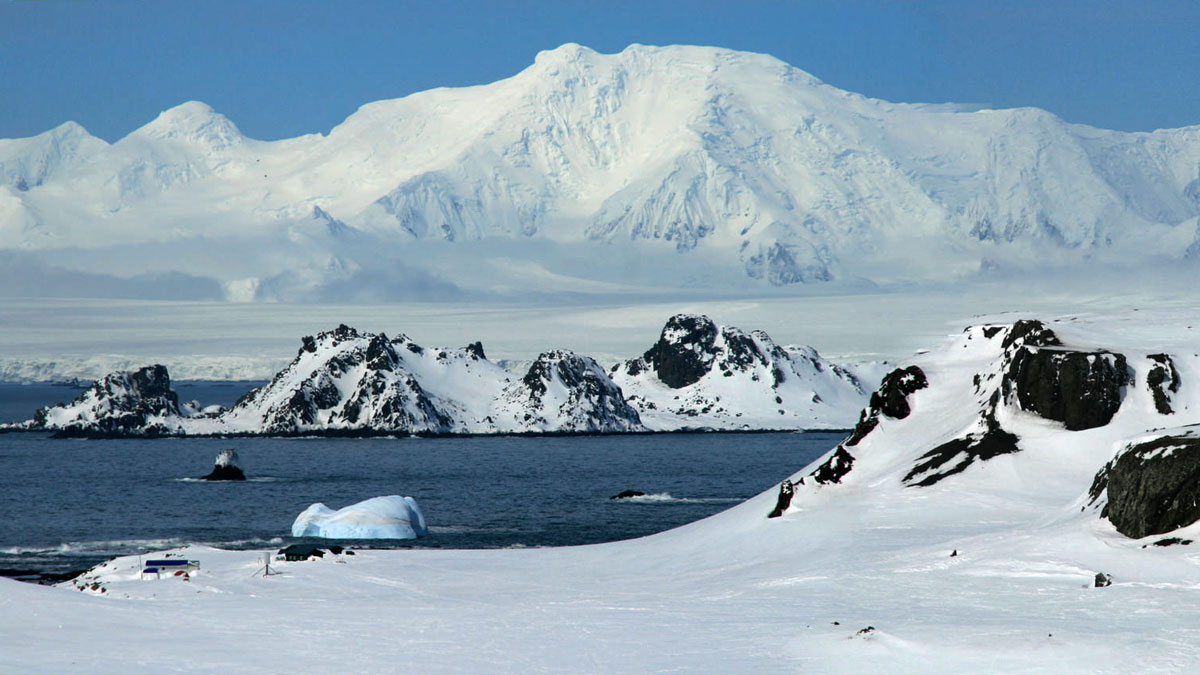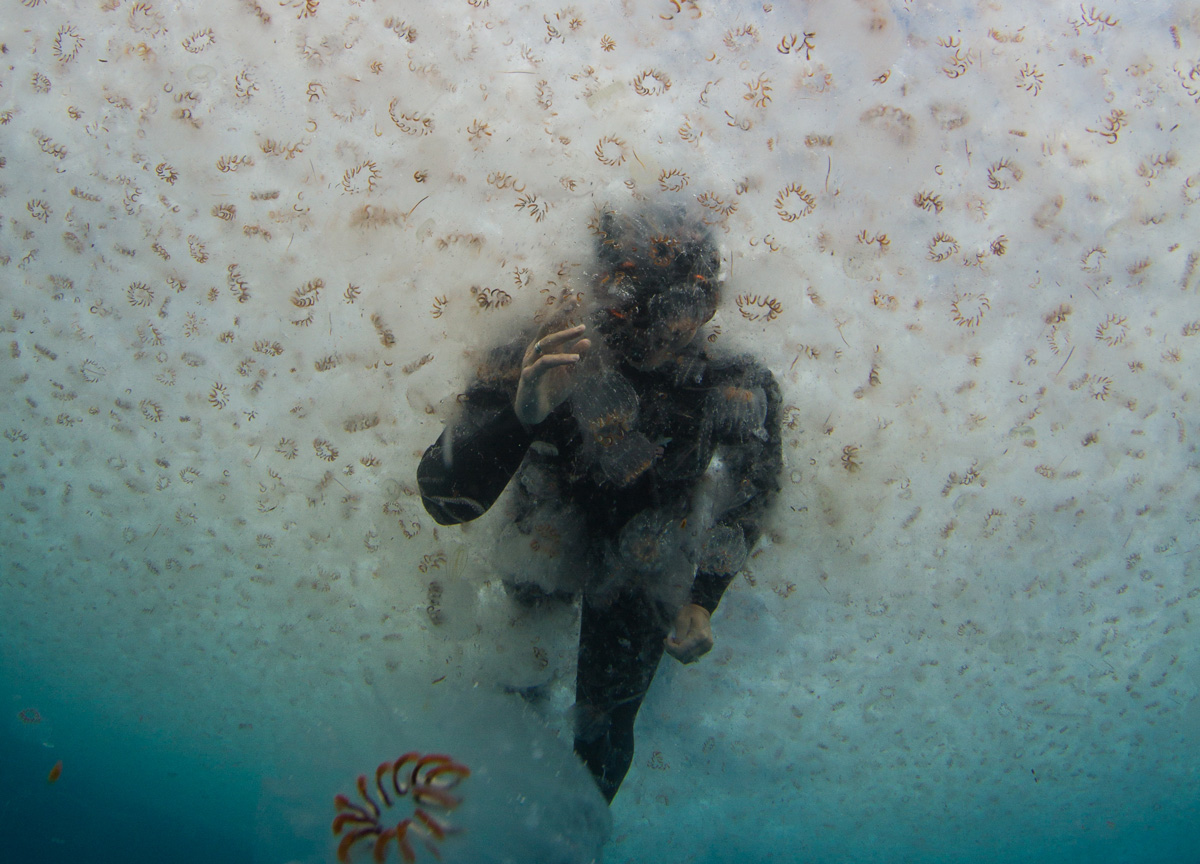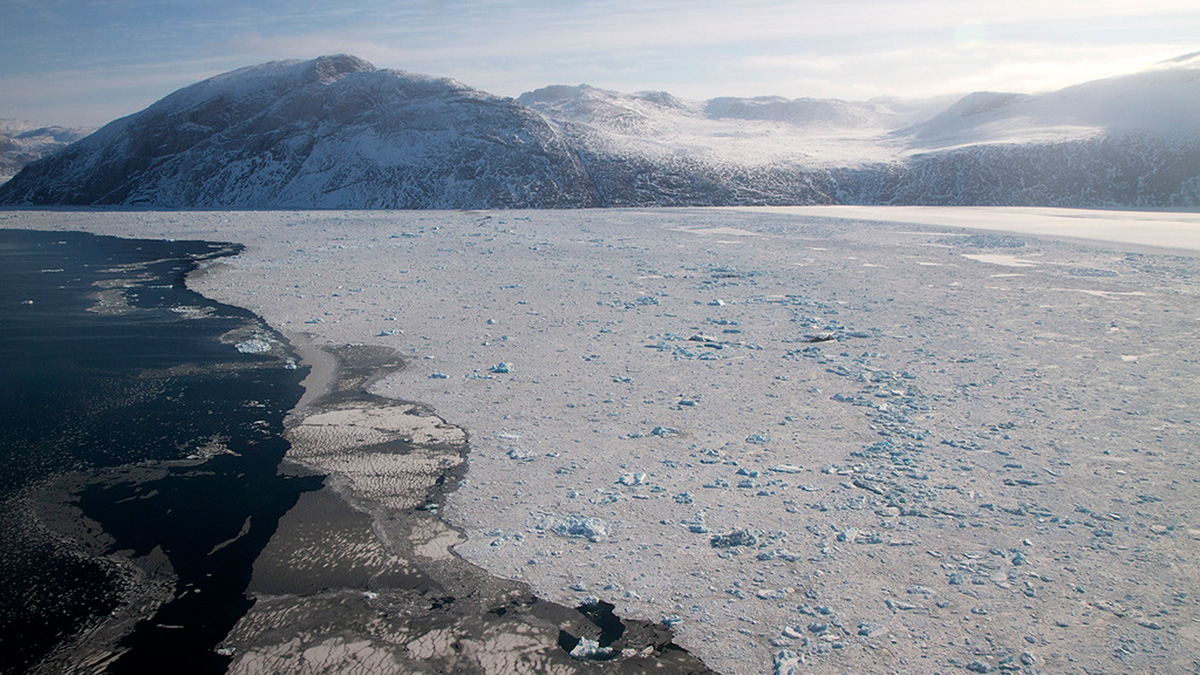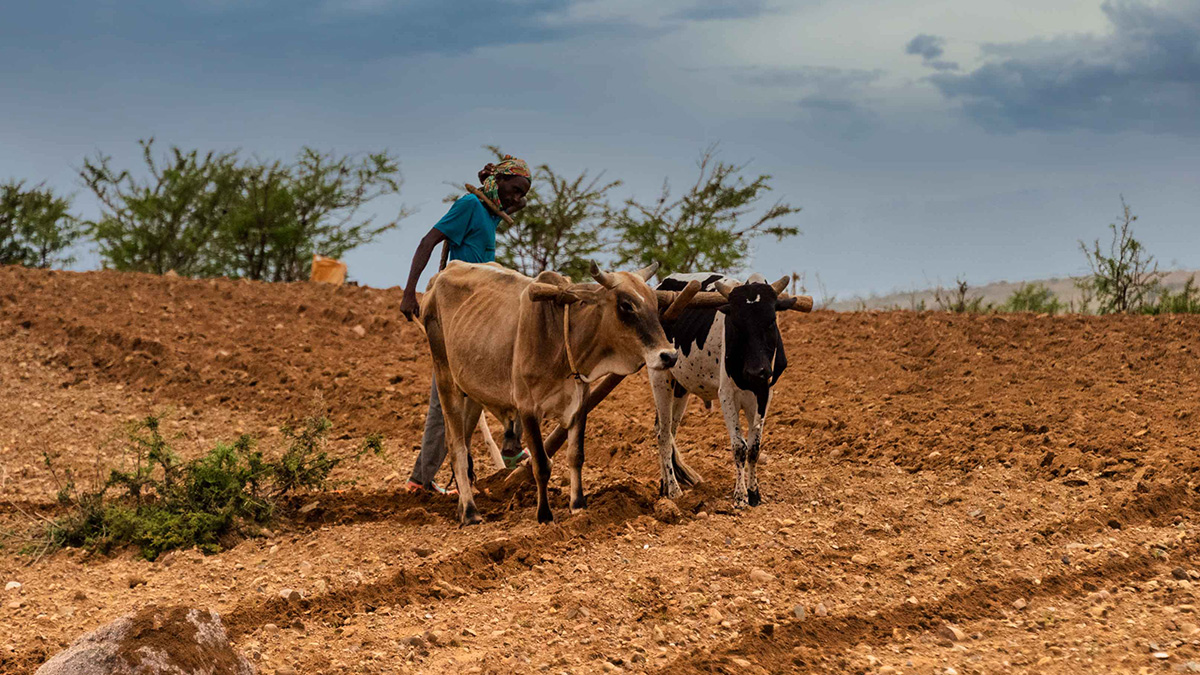A global collaboration inventoried greenhouse gas emissions from rivers, lakes, and streams.
Aaron Sidder
Aaron Sidder is a freelance writer based out of Denver, Colo. He has a master’s degree in ecology from Colorado State University. Aaron was an AGU-sponsored AAAS Mass Media Science & Engineering Fellow at National Geographic in 2016, and he has been writing for Eos ever since. In addition to Eos and National Geographic, he has written for National Geographic Kids Magazine, Smithosonian Smart News, 5280 Magazine, and the Santa Fe Institute. In his free time, he cultivates an extensive—and growing—collection of field guides from around the country.
El hierro está en el centro de este debate de las ciencias de la Tierra
Un nuevo estudio investiga el estado del hierro en el interior del planeta. Los hallazgos tienen repercusiones para comprender la estructura del núcleo interno.
El dióxido de carbono antropogénico es rastreado hacia el océano
Con ayuda de un modelo de circulación oceánica, un equipo de investigadores logró etiquetar y rastrear el carbono emitido antropogénicamente para determinar si su destino es la atmósfera o el océano.
Iron Is at the Core of This Earth Science Debate
A new study investigates iron’s form at the planet’s interior. The findings have repercussions for understanding the inner core’s structure.
A Deeper Dive into Wintry, Carbon-Absorbing Antarctic Waters
Cold surface water in the Southern Ocean is a critical component in ocean carbon uptake. A new study profiles it using state-of-the-art research techniques.
喷气推进的被囊动物在海洋碳循环中的作用
新研究表明,广泛分布的胶质浮游动物的大量繁殖,连同它们的粪便、每日的垂直迁移和它们的尸体一起,增加了海洋的碳输出。
Jet-Propelled Tunicates Pump Carbon Through the Oceans
New research reveals that blooms of the widespread gelatinous zooplankton—along with their feces, daily vertical migrations, and carcasses—increase marine carbon export.
Dissecting Ocean Dynamics in Greenland Fjords
Researchers explored the patterns and drivers of variability in fjords linking the Greenland Ice Sheet and the Atlantic Ocean using numerical simulations and in situ observations.
Tracing Anthropogenically Emitted Carbon Dioxide into the Ocean
Researchers labeled anthropogenically emitted carbon and tracked it with an ocean circulation model to determine whether it winds up in the sky or sea.
Food Deficits in Africa Will Grow in a Warmer World
Under the combined stress of growing populations and current warming trends, many African nations will face increasing shortfalls in food production in the coming decades.

